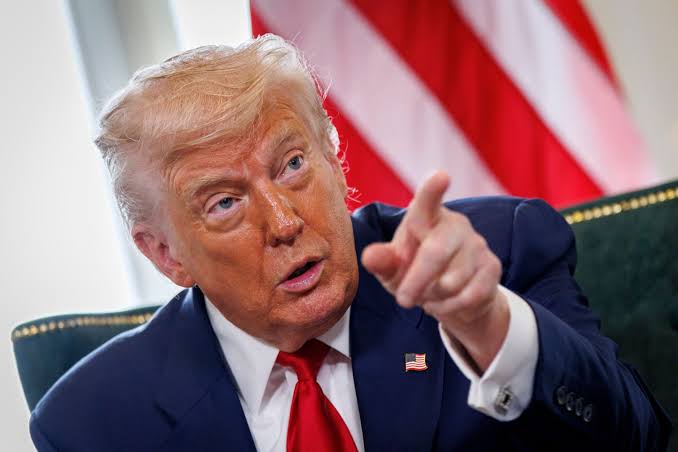U.S. eyes vast untapped mineral reserves on federal lands to end reliance on China, tackling bureaucratic hurdles and environmental opposition in pursuit of critical supply chain independence.
The United States is renewing efforts to unlock vast deposits of rare earth elements buried beneath public lands, aiming to challenge China’s global dominance in the mining and processing of critical minerals.
Despite holding mineral reserves worth trillions of dollars, the US currently relies on foreign suppliers—especially China, which controls 80% of global rare earth mining and over 90% of processing. These materials are essential in everything from defense systems and medical technology to electric vehicles, satellites, lasers, and renewable energy infrastructure.
However, decades of policy barriers have kept vast regions of the American West—stretching across Alaska, Nevada, Utah, Colorado, and beyond—off-limits to exploration and mining. Federal agencies have managed these lands for ecological and recreational purposes, often with little regard for the potential subsurface wealth. Environmental activists and regulatory constraints have further slowed or prevented development, even as demand for rare earths and other critical minerals skyrockets.
The present administration is now working to reverse course, with President Donald Trump pursuing deals with mineral-rich allies like Australia to secure near-term alternatives while investing in domestic exploration. Plans include establishing price floors to stabilize U.S. mining firms against volatile global markets and streamlining the approval process for mining permits that have languished for years.
Read Also: United States Automatic Immigrants Work Permit Extension Ends
Earlier this week, Trump and Chinese Premier Xi Jinping reached a one-year agreement easing some restrictions China had planned to impose on rare earth exports. Beijing has previously hinted it could block any products containing even trace amounts of Chinese-processed minerals—a move that would disrupt multiple American industries.
Critics argue the U.S. can’t afford to defer its mineral policy to foreign supply chains, particularly when national security is at stake. Supporters of domestic mining emphasize that new extraction techniques, advanced remote sensing, and strict modern environmental standards can help minimize ecological disruption—although opponents maintain that mining inevitably impacts fragile ecosystems.
Trump officials say the status quo is insufficient. With a growing emphasis on green energy and advanced technology, they argue it is no longer feasible to ignore or delay responsible mineral development on American soil.
As Washington eyes a more self-reliant future, the balancing act between environmental stewardship and resource security is shaping up to be a defining challenge. The path forward may require temporary intrusions into protected landscapes—but, supporters insist, the long-term gains could shield America from strategic vulnerability in an increasingly competitive world.










